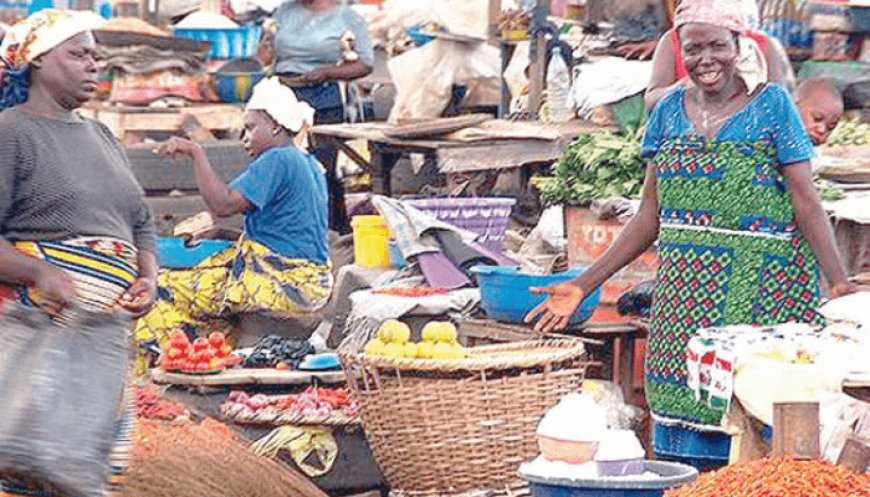Experts say climate change, post-harvest losses worsening food crisis in Nigeria
Experts say climate change, post-harvest losses worsening food crisis in Nigeria

In 2024, approximately 31.8 million people in Nigeria are facing severe food insecurity, a significant increase from 25.1 million in 2023.
The Food and Agriculture Organisation (FAO) has described this growing crisis as a matter of urgent national concern.
At the BusinessDay Agriculture Conference, held on March 27, 2025, Bamikole Sunday, Managing Director of Premium Cocoa Products Ile-Oluji Ltd, emphasized the critical need to achieve the United Nations Sustainable Development Goal 2 (SDG-2)—eliminating hunger by 2030.
Bamikole highlighted several key factors exacerbating the food crisis in Nigeria, including ongoing farmer-herder clashes in the Middle Belt, insecurity in the Northeast, banditry in the Northwest, unpredictable rainfall patterns, flooding, heavy reliance on imports, currency devaluation, economic instability, inadequate infrastructure, and the low value-added agricultural products.
Additionally, he pointed out that 80% percent of Nigerian farmers depend on rain-fed agriculture, leading to significant vulnerability to climate change.
Furthermore, post-harvest losses account for 40-45 percent of agricultural produce, with nearly 70 percent of Nigeria’s agricultural output being exported as raw materials.
These challenges, compounded by food inflation and a weak value chain, have fueled the ongoing food insecurity crisis in the country, according to Bamikole.
To address these issues, Premium Cocoa Industry, a subsidiary of Johnvent Group, is actively working to reduce post-harvest losses, empower smallholder farmers, focus on adding value to agricultural products, and provide easier access to finance for these farmers.
Bamikole noted that one of the company’s key strategies for ensuring financial inclusion is empowering over 100,000 farmers in cooperative societies through grants.
Additionally, the company supports these farmers with critical inputs such as improved seed varieties, fertilizers, and chemicals, which are essential for boosting food security and alleviating poverty.
Bamikole also emphasized the importance of reducing urban migration by building major processing hubs near farming communities to facilitate the processing of cocoa, sesame, and soybean products within the country.
In closing, Bamikole outlined several steps that stakeholders must take to improve food security in Nigeria.
These included leveraging the country’s over 250 large and small dams to enhance irrigation and food production, ensuring financial inclusion for farmers, improving rural infrastructure, and promoting value-added agricultural products.
He stressed that a focus on local production and value addition would significantly improve food security in Nigeria.

 admin
admin 


